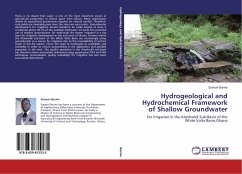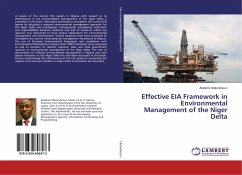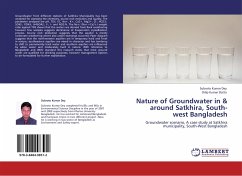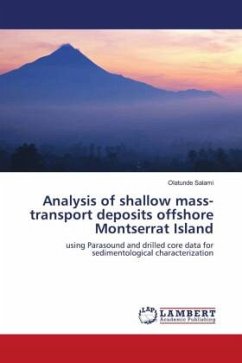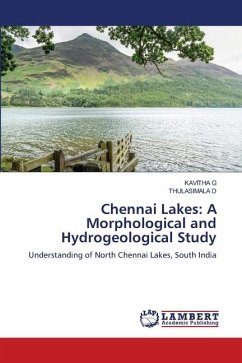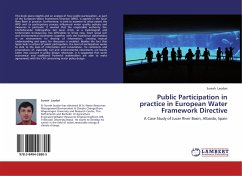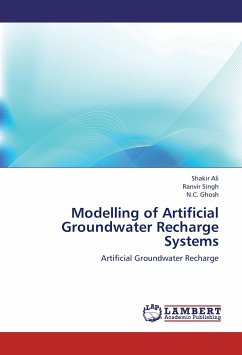There is no doubt that water is one of the most important inputs in agricultural production in Ghana apart from labour. More importantly almost all agricultural productions depend on natural rainfall. Therefore, crop yields are invariably poor since the rains are very erratic. Groundwater development for irrigation should therefore be really looked at since it constitutes about 30.1% of the available freshwater on earth.The potential use of shallow groundwater for small-scale dry season irrigation is a key issue for irrigation development in the arid zone of Ghana. Farmers within the Atankwidi sub-basin of the White Volta Basin are increasingly using groundwater as a source for irrigation due to the unavailability of surface water in the dry season, hence the need to investigate its availability and suitability in order to ensure sustainability in the application and possible expansion in the area. The aquifer geometry in the Atankwidi sub-basin has therefore been successfully delineated using geophysical (VES and EM) techniques. Groundwater quality (suitability) for irrigation has also been successfully determined.
Bitte wählen Sie Ihr Anliegen aus.
Rechnungen
Retourenschein anfordern
Bestellstatus
Storno

